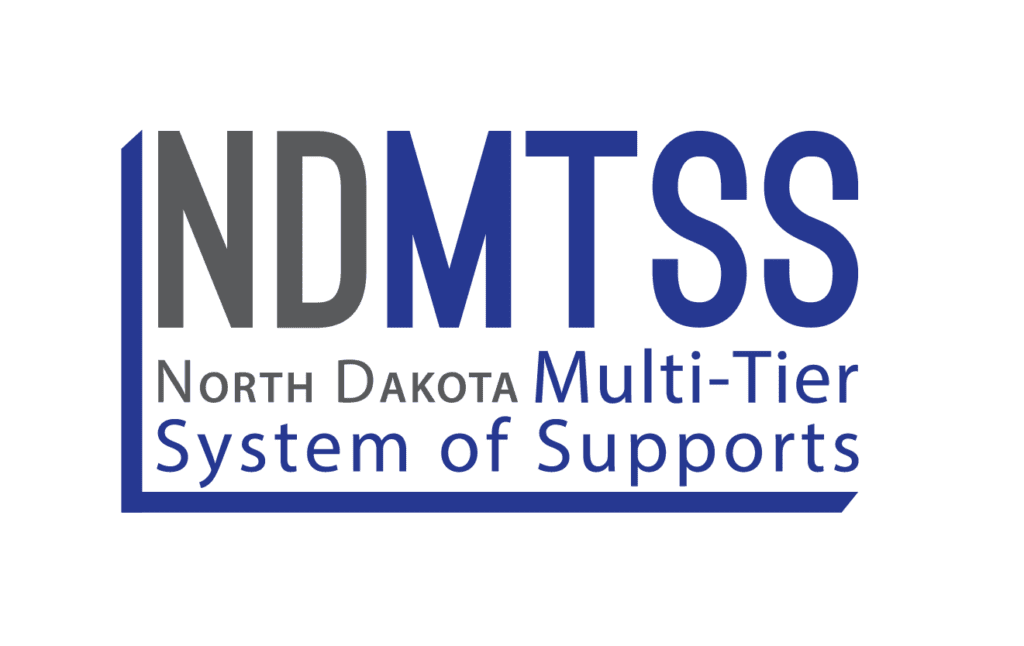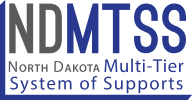Resources
Resource Library
NDMTSS Documents, Downloadable Templates, Research Briefs, Guides, Tip Sheets, and other useful tools.
Media Library
Collection of NDMTSS, PBIS, and Extended Learning webinars and recordings.
Glossary of Terms
Key terms and definitions used within the NDMTSS trainings and context.
Self-Assessment of NDMTSS (SAND)
The SAND is used to evaluate the current state of implementation of MTSS at the school-level.
Trusted External Websites
National Center on Intensive Intervention
NCII is housed at the American Institutes for Research and works in conjunction with many of our nation’s most distinguished data-based individualization (DBI) experts. It is funded by the U.S. Department of Education’s Office of Special Education Programs (OSEP) and is part of OSEP’s Technical Assistance and Dissemination Network (TA&D).
The mission of the NCII is to build knowledge and capacity of state and local leaders, faculty and professional development providers, educators, and other stakeholders to support implementation of intensive intervention for students with severe and persistent learning and/or social, emotional, or behavioral needs using data-based individualization (DBI).
Center on Multi-Tiered Systems of Supports
The MTSS Center supports states, districts, and schools across the country in implementing an MTSS framework that integrates data and instruction within a multi-level prevention system to maximize student achievement and support students’ social, emotional, and behavior needs from a strengths-based perspective.
Florida Positive Behavioral Interventions & Supports Project
The FLPBIS Project offers training and technical assistance, including evaluation resources, to develop systems that sustain a practical, positive and proactive PBIS framework.
Center on Positive Behavioral Interventions & Supports
The Center on PBIS supports schools and states with resources to sustain and scale up implementation of PBIS and is grounded in the values of comprehensive prevention, based on human-centered science, and implemented through collaborative partnerships, centered in equity, to improve social, emotional, behavioral, and academic outcomes.
IES What Works Clearinghouse
Search the WWC to find the information needed to make evidence-based decisions in classrooms and schools. Includes practice guides, intervention reports, and research studies and reports.
PROGRESS Center – Promoting Progress for Students with Disabilities
The PROGRESS Center provides information, resources, and support for local educators and leaders responsible for the development and implementation of high-quality educational programming for students with disabilities that ensures access to free appropriate public education (FAPE) and progress toward appropriately ambitious goals…MORE
Lead IDEA Center
The Lead IDEA Center helps early childhood and PreK-12 leaders effectively implement the Individuals with Disabilities Education Act (IDEA) and improve systems serving children with disabilities and their families.

